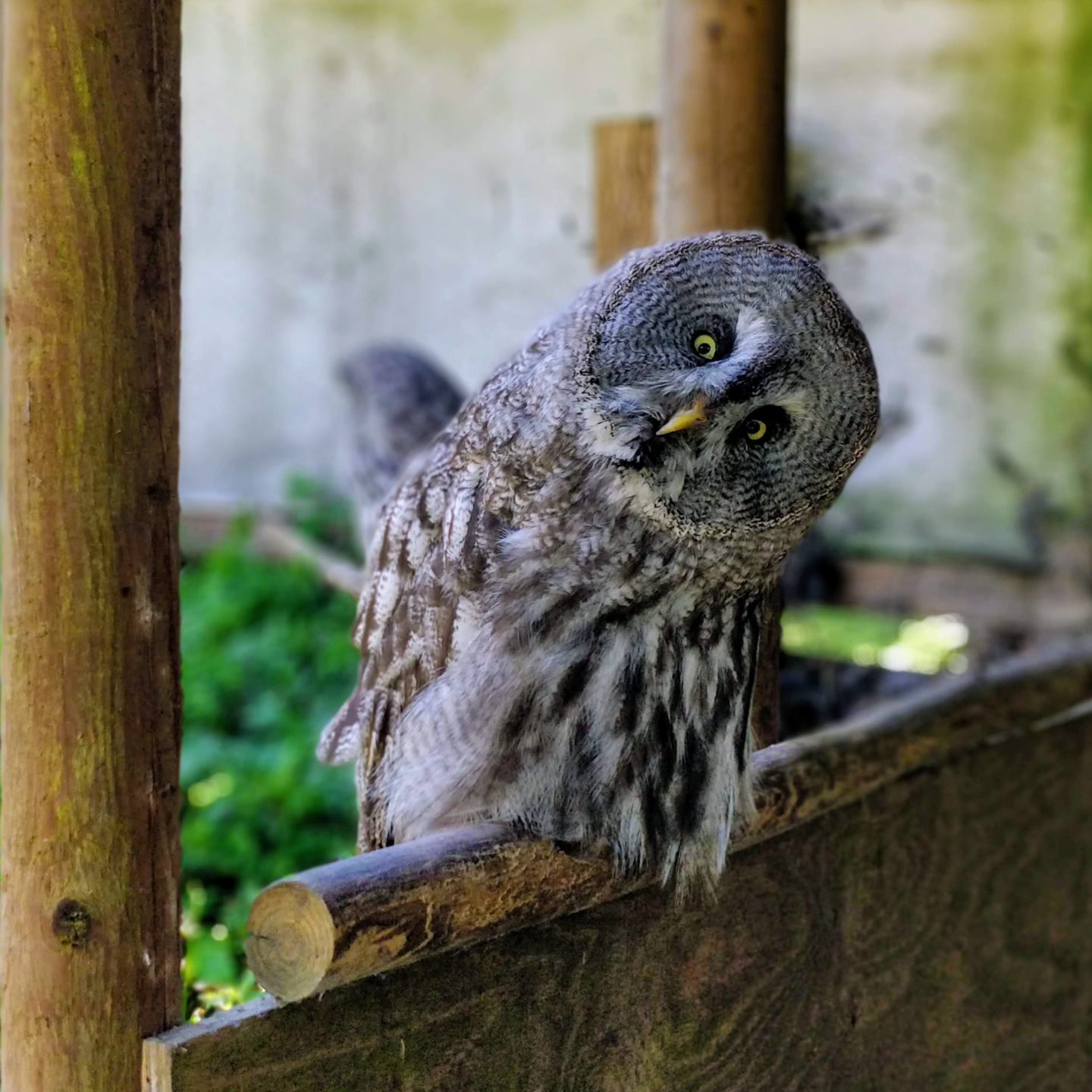A growth mindset, new ideas, learning, change, action, disruption… these things all stem from being curious. So, if you want to foster them within your company, you need curious people who have the room to explore. But what makes a person curious, and how do you identify these people? Todd Kashan has done a great deal of research into this topic and has identified five dimensions of curiosity:
- Joyous exploration: Kashan calls this the joy of learning and growing.
- Deprivation sensitivity: pondering abstract ideas or solve problems to reduce gaps in knowledge.
- Stress tolerance: this is the dimension defined by Kashan as a willingness to embrace doubt and confusion that stems from exploring new, unexpected things.
- Social curiosity: wanting to know what others are thinking or doing by listening, observing, or talking to people.
- Thrill-seeking: this involves the willingness to take risks to experience new things.
This research tells us that different people can be curious in different ways. So, the question is not if a person is curious, rather we should ask how they are curious. If you are wondering where you or your team are on a curiosity scale, consider each of these dimensions and ask yourself how strongly you relate to each of them. Kashan went on to develop a scale to figure out where a person ranks on each of these dimensions. We have adapted it to questions you can ask yourself within each dimension to better understand how you are curious:
Deprivation sensitivity
Do you lay awake at night thinking about difficult problems?
Do you have trouble focusing when you haven’t solved a problem?
Do you find yourself obsessing over an unsolved problem?
Do you get frustrated when you don’t have all the information you need?
Joyous exploration
Do you consider challenging situations as an opportunity to grow and learn?
Do you seek experiences that challenge the way you think about the world?
Do you seek experiences that will require you to think in depth?
Do you get excited about learning new information?
Do you enjoy learning about new things?
Social curiosity
Are you interested in other people’s habits and behaviors?
Do you enjoy analyzing the behaviors of others?
Do you enjoy listening to other people’s conversations?
Do you feel the need to know what other people are talking about?
Stress tolerance
Does doubt stand in the way of you seeking new experiences?
Do uncertain situations cause you a great deal of stress?
Do you worry about whether a new situation is safe? Does this interfere with your ability to function well?
If you are worried about a possible surprise, are you able to concentrate?
Thrill-seeking
Does the anxiety of a new situation give you a rush or cause you to feel excited?
Do you like to do things that scare you a little bit?
Do you prefer to make things up as you go rather than planning ahead?
Do you prefer people who are unpredictable?
Do you find yourself answering more yes in some dimensions? Perhaps you are already asking yourself what you can do to activate some aspects of your curiosity? For example, how you could foster more stress tolerance and more desire to explore. It’s important to always remember that curiosity is individual: we are diverse in terms of curiosity.
Curiosity makes our brain receptive to learning and as we learn, we enjoy the sensation of learning. It is no secret that curiosity makes learning more effective and enjoyable. Curious people not only ask questions but also, given our human nature, actively seek out the answers.




